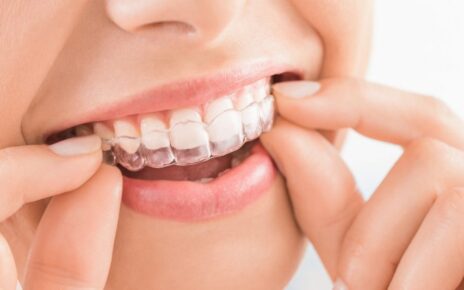Introduction:
Egg donation is a fertility treatment that involves transferring an egg from a healthy and fertile donor to a recipient who is unable to conceive with her own eggs. This procedure helps recipients to conceive and carry a child to term. Egg donation is a commonly used fertility treatment for couples struggling with infertility or for individuals who cannot conceive due to genetic abnormalities. Egg Donation Centre in Noida offers the procedure as an option for couples seeking fertility treatments.
Who is Eligible for Egg Donation?
The eligibility criteria for egg donation typically vary among clinics. However, most clinics have strict age requirements for donors. Generally, donors must be between the age group of 21 and 32, with some exceptions depending on the individual’s health and medical history. The donor must also pass several medical and psychological evaluations to ensure that they are healthy and fit for the procedure. The best ivf doctor in Noida can help to determine whether egg donation is a viable option.
How to Choose an Egg Donor?
Choosing an egg donor can be a challenging decision for couples. It is critical to consider factors such as physical and genetic characteristics, as well as the donor’s background and medical history. Egg donation centers in Noida provide both anonymous and known donors. In anonymous donation, the recipient does not have any identifying information about the donor, while in known donation, the recipient and the donor may have some level of communication or relationship.
Egg Donation Process Overview:
The egg donation process can be broken down into three main stages: screening and testing, ovarian stimulation, and egg retrieval.
1. Screening and Testing:
The first stage of the egg donation process involves the screening and testing of potential egg donors. This stage includes a comprehensive medical and psychological evaluation to ensure that the donor is healthy and fit for the procedure. The donor’s medical history and family medical history are carefully examined to identify any genetic or medical conditions that may affect the outcome of the procedure. Additionally, the donor is screened for infectious diseases, such as HIV and hepatitis.
2. Ovarian Stimulation:
Once a suitable donor is identified, they are given medications to stimulate their ovaries to produce multiple eggs. The medications used for ovarian stimulation are usually given by injection and are carefully monitored by medical professionals to ensure that the donor does not develop any adverse side effects. The duration of ovarian stimulation typically lasts between 8 to 14 days, depending on the individual donor’s response to the medication.
3. Egg Retrieval:
Egg retrieval, the final stage of the egg donation process, is typically performed with the donor under sedation. A needle guided by ultrasound is used to extract the eggs from the ovaries during this procedure. The procedure usually takes between 15 to 30 minutes, and the donor is typically discharged within a few hours of the procedure. The eggs are then fertilized with sperm in a laboratory to create embryos, which are transferred to the recipient’s uterus in a separate procedure.
Risks and Side Effects:
As with any medical procedure, egg donation comes with risks and side effects. These risks can be categorized into physical risks and emotional risks.
● Physical Risks:
The physical risks associated with egg donation include infection, bleeding, damage to surrounding organs, and ovarian hyperstimulation syndrome (OHSS). OHSS occurs when the ovaries become enlarged and fluid accumulates in the abdominal cavity, causing pain and discomfort. Severe cases of OHSS can lead to hospitalization.
● Emotional Risks:
Egg donation can also have emotional risks, which can include depression, anxiety, and stress. Donors may experience emotional distress related to the loss of control over their reproductive process, as well as concerns about the future use of their genetic material. Additionally, donors may feel a sense of isolation or stigma related to their decision to donate eggs.
It is important for potential egg donors to be aware of these risks before deciding to donate their eggs. Egg donors should receive thorough medical and psychological evaluations to assess their eligibility for the procedure and to identify any potential risk factors. Additionally, donors should receive counseling and support to help them manage the emotional risks associated with egg donation.
Success Rates and Follow-Up Care:
Success rates for egg donation vary depending on several factors such as the age and health of the donor, the quality of the recipient’s uterus, and the sperm quality of the recipient’s partner. Follow-up care for donors includes monitoring for any side effects or complications. Recipients will receive care to prepare the uterus for embryo transfer.
Conclusion:
Egg donation is a viable option for couples struggling with infertility. Choosing the right donor and working with the best ivf doctor in Noida is essential. Egg Donation Centre in Noida provides an overview of the process and can help couples decide whether egg donation is viable. As with any medical procedure, there are a few risks involved, and it is crucial to be aware of them before making a decision.





